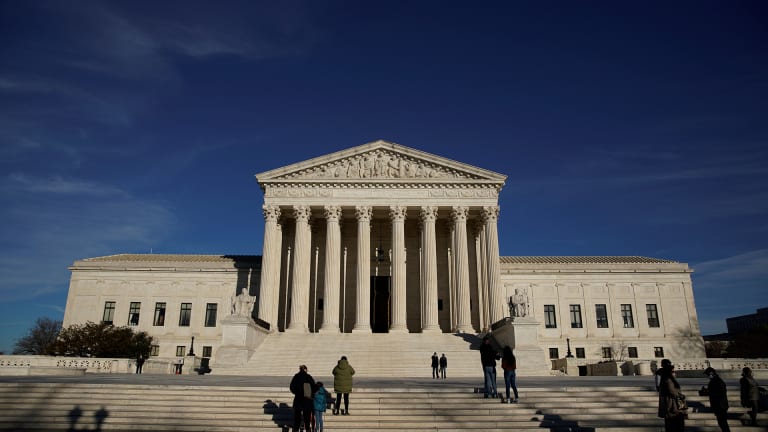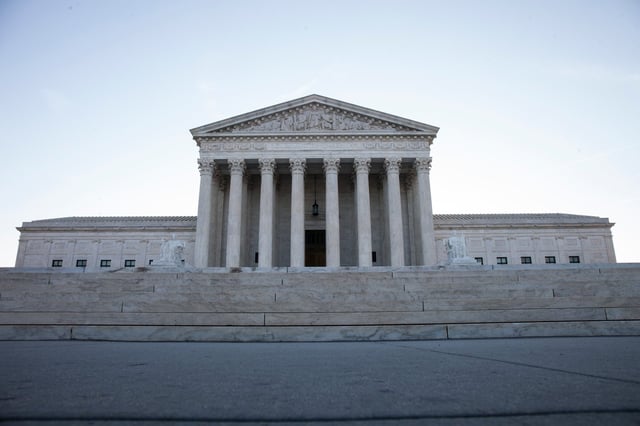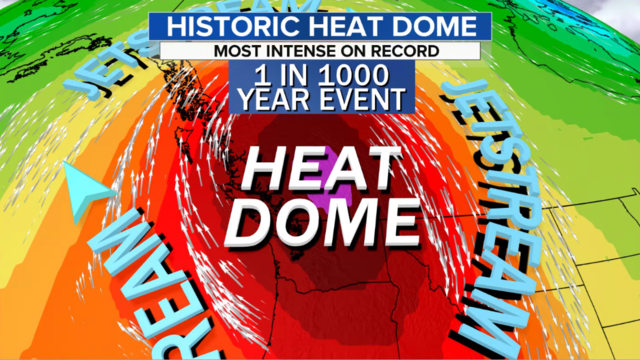
Did you, like me, wake up early on Monday to finish reading the IPCC report and tune into oral arguments in West Virginia v. EPA? If you did, you might have heard the conservative justices returning to one line of questioning more often than others: the Major Questions Doctrine.
Until the recent past, the Major Questions Doctrine was something that came up once maybe twice a decade. In the past couple years it's suddenly coming up multiple times per year. This Supreme Court session it's already been brought up three times: to overturn OSHA's vaccine mandate, to overturn the eviction moratorium, and now in a case about regulating greenhouse gas emissions. Lots of court watchers have noticed, and are starting to talk about it as a right-wing strategy to take us back to a pre-New Deal era.
It dovetails with another boring but terrifying term, the Non-Delegation Doctrine, which stipulates roughly that Congress can't delegate anything too broad and vague to regulatory agencies. Neil Gorsuch, self-appointed arbiter of textual truths, claims that this doctrine means Congress can't delegate anything to agencies that's not written into the law it passed. So in the case of the Clean Air Act, which was passed in 1970, a bit before scientists started sounding the alarm about global warming and thus doesn't explicitly include greenhouse emissions, Congress can't allow the EPA to regulate those emissions without passing a new law. Good one Gorsuch, because apparently it's impossible for Congress to pass laws anymore, never mind climate laws.
The Major Questions doctrine is pretty similar, as Gorsuch's favorite gal pal Amy Coney Barrett pointed out in Monday's opening arguments.
ACB:
Lindsay See [atttorney for West Virginia]
Now, because this particular case is about a policy that was never implemented—the Clean Power Plan—NYU law professor Richard Revesz tells me the most the court could do in this case is issue an advisory ruling, effectively warning the EPA not to regulate power plant emissions lest they wind up back in court. But Monday's arguments and the line of questioning from the bench gives us a pretty clear indication of where the conservative justices are headed with this and it's not great.
If you want to dig into it more, below is an ad-free version of the episode we released in both the Drilled and Damages feeds this morning, with input from attorney Jason Rylander, and professor Revesz.


